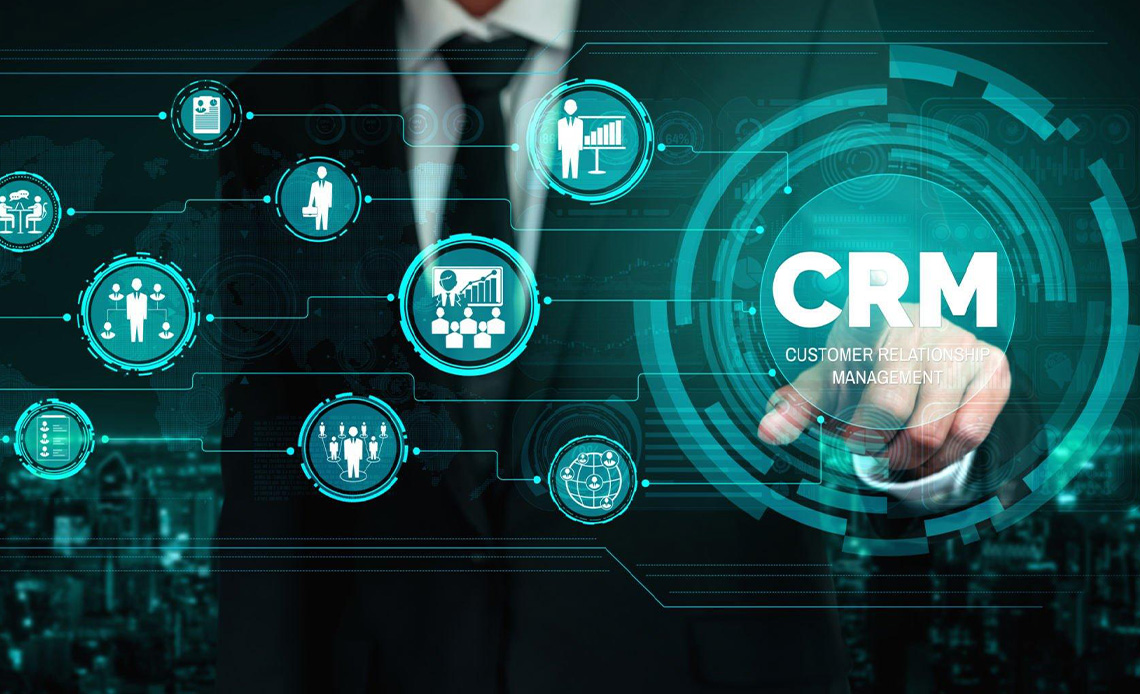What is Customer Relationship Management (CRM) software?
CRM “Customer Relationship Management”: is a software system that helps business owners easily track all communications and nurture relationships with their leads and clients.
CRM software for small businesses replaces the multitude of spreadsheets, databases, and apps that many businesses patch together to track client data.
Because it can give customer-facing staff members detailed information on customers’ personal information, purchase history, buying preferences, and concerns.
Which leads to organization, efficiency, better time management, and impressed customers.
It is the combination of practices, strategies, and technologies that companies use to manage and analyze customer interactions and data throughout the customer lifecycle.
How CRM helps businesses?
The use of CRM systems can benefit all organizations, small and large, by:
- Having customer information such as past purchases and interaction history easily accessible can help customer support representatives provide better and faster customer service.
- Collection of and access to customer data can help businesses identify trends and insights about their customers through reporting and visualization features.
- Automation of menial, but necessary, sales funnel and customer support tasks.
At the most basic level, CRM software consolidates customer information and documents it into a single CRM database so business users can more easily access and manage it.
Over time, many additional functions have been added to CRM systems to make them more useful. Some of these functions include recording various customer interactions over email, phone, social media, or other channels; depending on system capabilities, automating various workflow automation processes, such as tasks, calendars, and alerts; and giving managers the ability to track performance and productivity based on information logged within the system.
Level up with a CRM:
A spreadsheet is great if you have under 100 contacts or you’re only tracking static info like name, email address, phone number, company name, website, etc. A spreadsheet can’t compete with a CRM in tracking more complex, dynamic data like what emails a contact has opened, what pages they’ve visited on your website, or their last purchase date. Your CRM is always updating automatically as your leads and customers take actions, while data in a spreadsheet becomes stale the second you stop manually adding to it.
The best CRM software shows how hot or cold a lead really is, thanks to lead scoring. Based on rules you set, points are added to a lead record for important actions your lead takes (like submitting a form or clicking a link), so your sales team can identify the hottest leads to focus on. Lead scoring is next to impossible without a CRM.
Conclusion:
CRM software allows businesses to focus on the full scope of their company’s relationships with customers, partners, suppliers, etc. With a professional CRM in place, it becomes much easier to generate new opportunities, win new customers, build long-lasting relationships, provide qualified support, and ensure maximum customer satisfaction across the entire customer journey.




